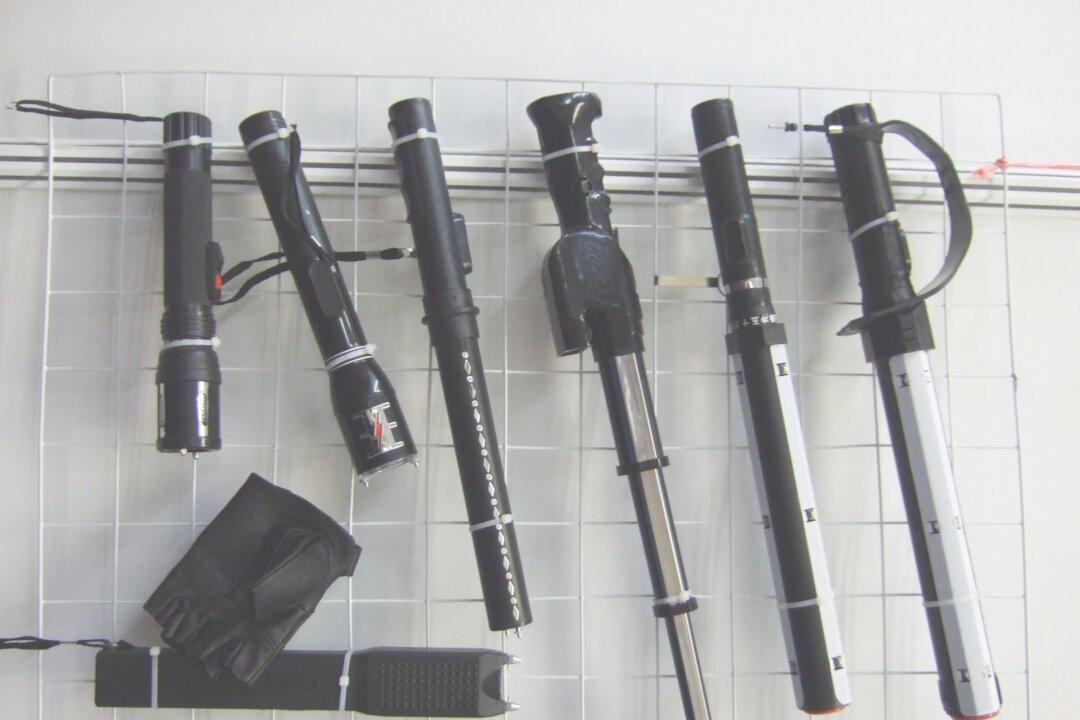Reports in Chinese media on “sensitive” incidents, including the latest violent confrontation between police and citizens in Xinjiang, have been tightly controlled by authorities, and it’s going to get worse.
Instructions issued by the State Council Information Office to all media for reporting on the Dec. 15 incident were explicit, said media watchdog China Digital Times (CDT).
The confrontation, which left 14 citizens and two police dead, would be attributed to an armed “terror gang” which suddenly attacked police who were chasing criminal suspects, instructed the Communist Party (CCP) Ministry of Foreign Affairs, reported CDT.
The directive for this news item instructed all websites and interactive spaces to downplay the news, and not “recommend, feature, or focus on related topics or commentary,” or review previous news about violence in Xinjiang, said CDT.
The State Council Information Office issues daily instructions on news coverage on all incidents that the Communist Party considers “sensitive.” The instructions, popularly called “Directives from the Ministry of Truth,” are leaked on the internet for outsiders to see.
Frequently the directives order the media to “Report only according to information issued by authoritative departments. Do not speculate or comment on the issue,” or similar instructions.
Directives apply to major media, but also to social media. Often the Information Office sends out specific instructions on where to place a news item within a newspaper or magazine and other instructions for photos.
In order to counter a trend toward more liberal ideas and western attitudes, the CCP’s Central Propaganda Department will transform journalism training in schools across the country, said Boxun, a Chinese-language news outlet based in the United States.
Schools have been given notice to train journalists in Marxist ideology and the Marxist view of journalism, based upon the model of the CCP’s Shanghai Municipal Party Committee Propaganda Department and the School of Journalism at Fudan University.
Last week, speaking at a conference held by the China Internet Information Office, Ren Xianliang, Vice Minister of the office, stressed the importance of standardizing internet news broadcasts, preventing false news reporting, and improving the credibility of Internet news media, said state media Global Times.
New requirements for news organization include weekly training sessions for journalists, prior to the nationwide exam for journalist certification. The State General Administration of Press, Publication, Radio, Film and Television issued the notice in September to all media. Journalists must renew their certification every five years.
The new stress on the Marxist view of journalism indicates stronger Party supervision over media, Chen Lidan, a professor at the School of Journalism and Communication at Renmin University of China, told the state-run Global Times.
Chinese Media Coverage of Latest Xinjiang Violence Tightly Controlled
Reports in Chinese media on “sensitive” incidents, including the latest violent confrontation between police and citizens in Xinjiang, have been tightly controlled by authorities, and it’s going to get worse.
|Updated:



